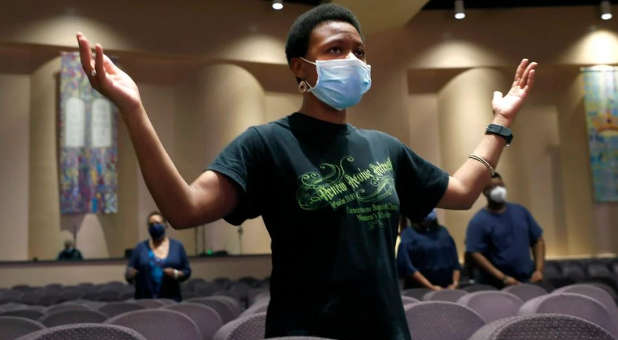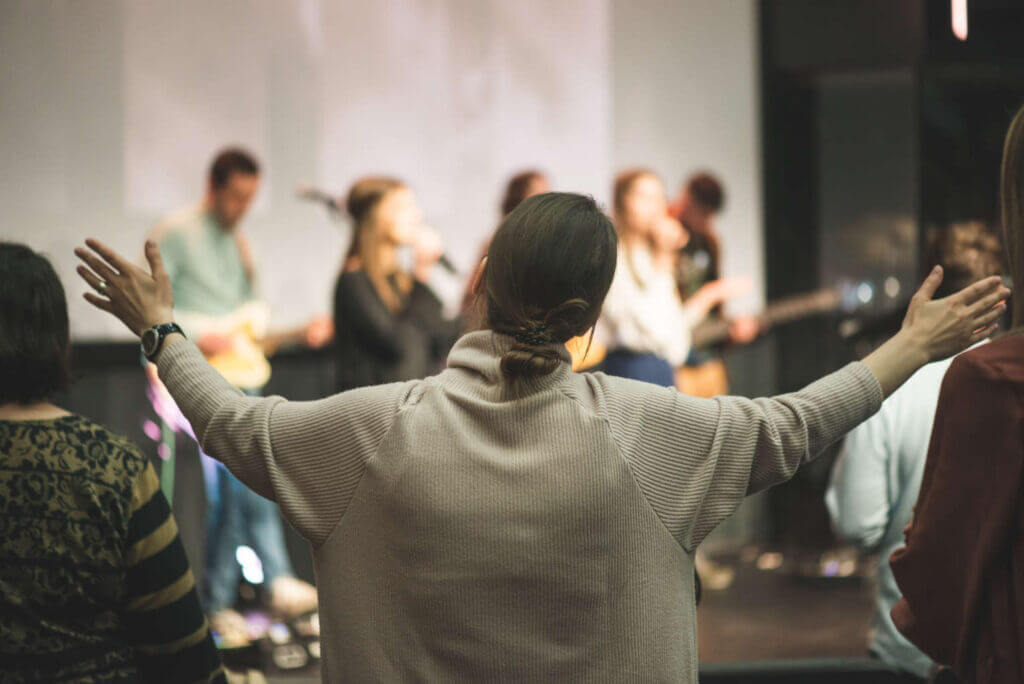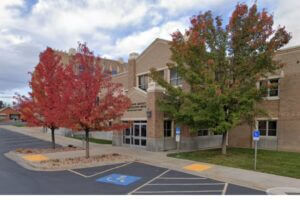An ecumenical group of clergy, scientists and other experts has released a guide to help congregations consider best practices for reopening for worship.
Among their suggestions:
—Refrain from congregational singing. Clap or stomp instead.
—Preachers, shorten your sermon.
—Congregants, mouth your response during Communion instead of speaking.
—Pass the peace to other worshippers with a gentle nod or a reverent bow, but no physical contact.
The 36-page document notes that church leaders will make different decisions depending on the recommendations of denominational and health officials.
“Christians will refrain from judging the witness of others as long as others are not endangering the common good,” it states.
“Resuming Care-filled Worship and Sacramental Life During a Pandemic” includes links to recommendations from the Centers for Disease Control and Prevention and to guidelines issued by regional denominational groups as they respond to the CDC’s recommendations.
The guide urges worshippers not to dwell on limitations during the pandemic. Instead, it suggests that they focus on creative approaches to worship.
“As states ‘re-open,’ how will we resume worship gatherings in person while the pandemic is still with us?” the document asks in its introduction. “A care-filled response to that challenge is much more than unlocking the church doors and inviting all to come, sit, sing and greet one another as had been our custom. We know the dangers posed and the risks taken if we were to do that. We care enough not to let that happen.”
The document first recommends each congregation create a “COVID-19 Task Force” to oversee the preparations and develop and implement policies that may be adopted by church leadership.
The guide notes “the risk of producing aerosols (droplets of water suspended in air) that can spread the coronavirus” and, thus, recommends that preachers wear a face covering during sermons. It also says congregations should consider using standard gestures or American Sign Language to respond silently during liturgies.
And it suggests that worship leaders stay at least 16 feet away from congregants, “since they may sometimes need to use louder voices.”
CDC guidelines no longer recommend that congregations refrain from singing during worship.
Still, Brian Hehn, one of the consultants for the ecumenical guide, said the team developing the document chose to continue to express caution about singing.
“The consultation did discuss the most recent CDC recommendations and their changes in language,” said Hehn, director of the Hymn Society’s Center for Congregational Song. “Because of our theological convictions agreed upon (such as the general ‘do no harm’ statement), we agreed to err on the side of caution as a way to care for our neighbor.”
The document reflects on the rites of passage and the traditional sacraments, such as baptism and Communion, that occur in sanctuaries and offers specific tips—often involving hand sanitizer—on how to proceed with them when churches choose to reopen in the next days and months.
“We recommend that worship leaders disinfect their hands in full sight of the congregation to help the congregation feel at ease about things the leaders will touch,” reads the document. “If it is done with clear intention and openly (but not awkwardly), the act will communicate to the congregation, ‘This matters!'”
The document recommends brief, limited contact during baptism, which requires physical touching between the presider and the baptized person. It also suggests that some church members—two or three—be present as witnesses and that outdoor ceremonies could occur in “flowing streams, lakes or in beach settings.”
Witnesses should also be limited for confirmations and weddings.
“When a funeral is not advisable, a rite of committal may still be possible, especially if it is held outdoors,” the guide states. “The committal rite may be expanded by beginning with the reading of Scripture, a very brief homily and the commendation taken from the funeral rite.”
The document adds that cremation may be an “appropriate option” for Christians.
“Researchers of the novel coronavirus strongly suspect that a person who has died of COVID-19 remains contagious, thus putting at risk those who prepare human bodies for burial,” the guide states. “Under these circumstances, cremation of the dead may be more likely to preserve the health of the living.”
Participants in the guide’s consultations included United Methodist, Evangelical Lutheran, Episcopal and Roman Catholic leaders, as well as representatives from other traditions. They met starting in May via Facebook Live to hash out the details of what they might advise before sending their conclusions from each meeting for review by medical experts.
“We want to create resources that help the churches proclaim the gospel they profess in the face of extraordinary circumstances that limit some of the ways we have grown accustomed to doing so through public, in-person worship services and fellowship opportunities,” the Rev. Taylor W. Burton Edwards, a liturgical scholar and one of the co-conveners, told Religion News Service via email prior to the release of the document.
“We view this as a gift to the wider church, both in terms of the process of ecumenical dialog made public and in terms of the end products. Those who use them are free and expected, really, to adapt them.” {eoa}
© 2020 Religion News Service. All rights reserved.
See an error in this article?
To contact us or to submit an article





















